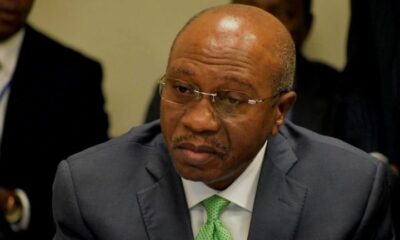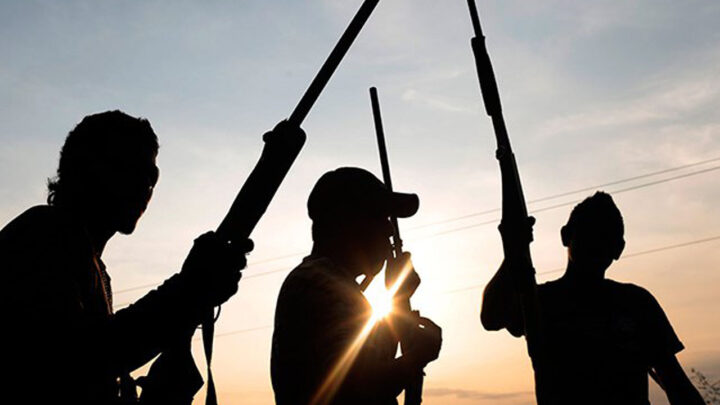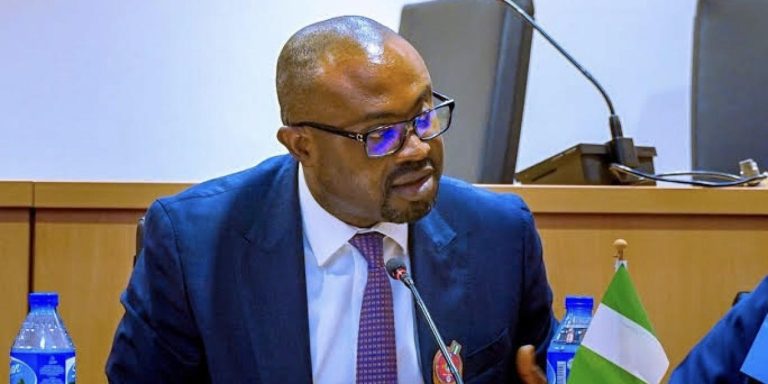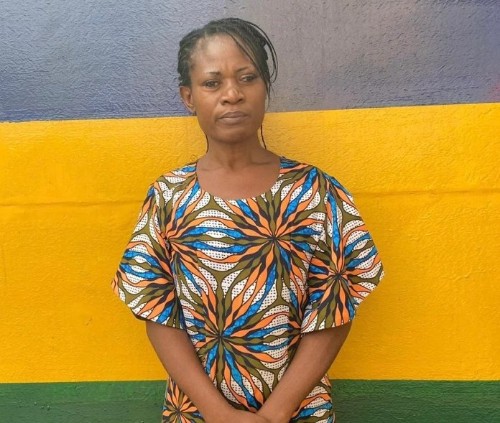Africa’s foremost entrepreneur and President of the Dangote Group, Aliko Dangote has urged African countries to dismantle all economic barriers hindering free trade among the nations, in order to achieve sustainable growth and development across the continent.
The leading private sector player also expressed the irrevocable commitment of his Pan-African conglomerate, Dangote Industries Limited to solving some of the economic challenges faced by the African continent and her people. To realize this goal, the organization has committed over 20 billion dollars on investments in several key sectors of the African economy.
Dangote who made this disclosure said the massive investments were meant to turn around Africa’s economic fortunes in the quest for sustained economic growth of the continent through free trade and economic integration.
Speaking in Lagos at the launch of a Special publication “The World Ahead 2023” by the renowned media outfit, The Economist, Dangote, who was represented by the Group Executive Director/Group Chief Risk Officer, Dangote Industries Limited, Dr. Adenike Fajemirokun, noted that the crucial task of building a sustainable future that guarantees equitable growth and prosperity for all, should not be the exclusive role of the public sector alone, but should also involve the private sector.
“Our massive investments of over 20 billion dollars across key industries, including Energy, Agriculture, and Infrastructure. Our recently commissioned 3Million Metric Tonnes Fertiliser Plant, expansions in cement production, and our soon-to-be commissioned 650,000 barrels per day world’s largest single-train refinery are all set to empower farmers, foster backward integration, create thousands of jobs, eliminate our dependence on imported products, and improve our nation’s foreign exchange earnings significantly.
“We are also confronting environmental issues through our investment in alternative fuels, as well as unlocking enormous opportunities in the communities where we have our footprints, while ultimately ensuring that we keep delivering huge value to our shareholders.
“The multilayered issues that we face globally and across regions today, ranging from rising energy costs, food insecurity, supply-chain disruptions, access to quality healthcare, cybersecurity, inflation amongst others brought about by the pandemic or other human factors like the Russia-Ukraine war, call for an objective rethink of geopolitics and geo-economics, especially as they vastly affect policy execution and the ease of doing business in more vulnerable economies,” he stated.
Drawing the attention of the international audience to the need for all hands to be on deck towards lifting Africa above the various socio-economic challenges facing the member countries, Dangote pointed out that the African population has been growing exponentially.
“Nigeria, for instance, is projected to be the world’s third largest population by 2050 surpassing the United States, only behind India and China, so the question of sustained economic growth has become increasingly critical and isn’t one for a single sector to tackle alone. To secure the future of our country and our continent we must forge strong public-private partnerships and dismantle regional barriers with vehicles like the African Continental Free Trade Agreement (AfCFTA).”
Dangote advised that “going forward, the overarching conversations, whether at global or regional levels, in emerging markets or in OECD countries, must be refocused towards exploring the specifics of our fast-changing world, in order to align public-private perspectives and identify areas for collaboration for the collective good of people, planet, and profit.”
He commended ‘The Economist’ for putting together the publication that was being launched, describing it as a rich body of work that offers useful data for all sectors to draw insights from and synthesize the same towards arriving at cutting-edge action points.
In his remarks, Lagos State Deputy Governor, Dr. Obafemi Hamzat described the publication as a valuable document for policymakers and strategic planners and noted that its contents reaffirm part of the strategies the Lagos State government has executed to make Lagos assume its status as the preferred destination of choice for investors.
According to him, Lagos has just 0.4 percent of the land mass of Nigeria but has 11 percent of the country’s population, which explains why some of the challenges in Lagos are peculiar to the metropolis, disclosing that some of the strategies adopted by the state government are geared toward solving the challenges.
He said Lagos is Africa’s fastest-growing economy and added that a key policy of the state government is to improve its investment profile by providing an enabling environment. Hamzat also noted that the state has invested billions of Naira in infrastructure and technology, citing the Lekki Deep Seaport as one of the enablers which has made Lagos to attract 60 percent of the Foreign Direct Investment into Nigeria.
Also speaking, the Regional Executive and Managing Director of Ecobank Nigeria Limited, Mr. Mobolaji Lawal hailed the Economist’s special launch, as it provides an opportunity for knowledge sharing for the government and private sector to explore emerging opportunities in the digital space.
“If we get it right, it will stimulate growth and drive transformation and ensure economic growth”, the Ecobank boss stressed.

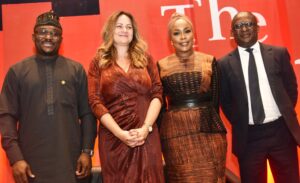


 BIG STORY1 day ago
BIG STORY1 day ago
 BIG STORY4 days ago
BIG STORY4 days ago
 BIG STORY4 days ago
BIG STORY4 days ago
 BIG STORY10 hours ago
BIG STORY10 hours ago
 BIG STORY4 days ago
BIG STORY4 days ago
 BIG STORY3 days ago
BIG STORY3 days ago
 BIG STORY3 days ago
BIG STORY3 days ago
 BIG STORY4 days ago
BIG STORY4 days ago
















